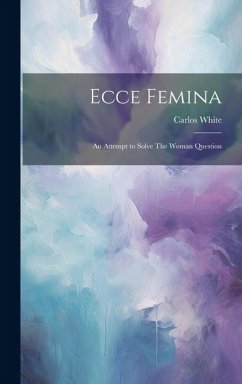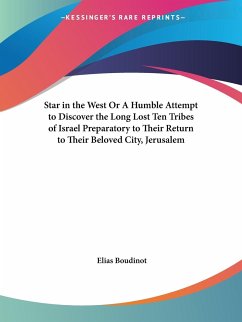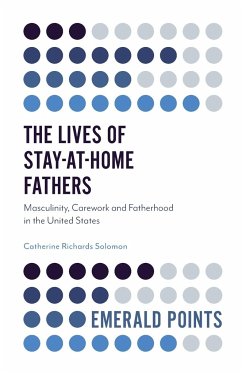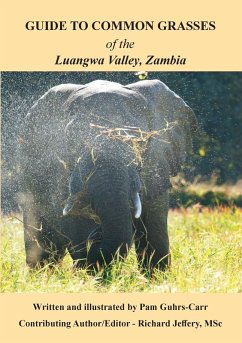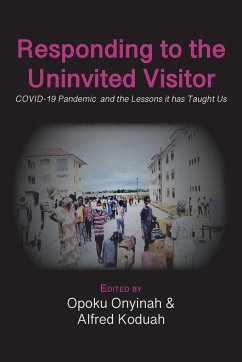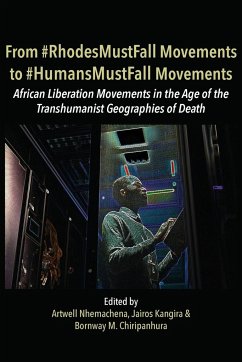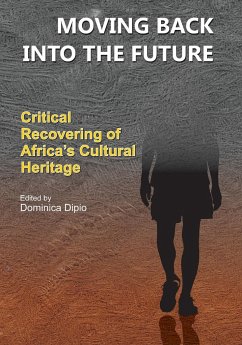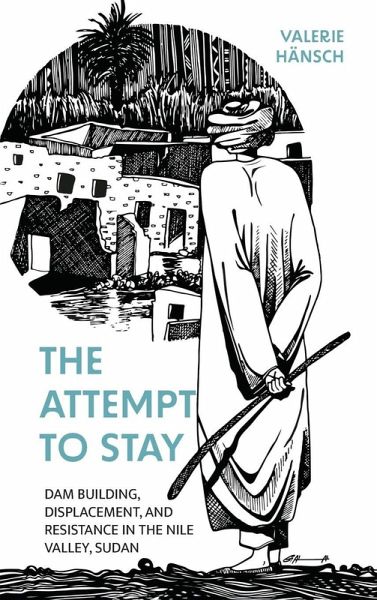
The Attempt to Stay
Dam Building, Displacement, and Resistance in the Nile Valley, Sudan
Versandkostenfrei!
Versandfertig in 1-2 Wochen
145,99 €
inkl. MwSt.
Weitere Ausgaben:

PAYBACK Punkte
73 °P sammeln!
The construction of the Merowe Dam along the Nile in northern Sudan flooded local villages and forced thousands of inhabitants to flee to higher ground. Despite the radical social and environmental transformations and an uncertain future, the Manasir have tried to continue their peasant way of life and resisted relocating to state-run resettlement schemes. Rather than focusing on migration and resettlement, the author follows the people's attempts to preserve their homeland and have meaningful lives along the emerging reservoir. The book grapples with the fundamental question of how to re-esta...
The construction of the Merowe Dam along the Nile in northern Sudan flooded local villages and forced thousands of inhabitants to flee to higher ground. Despite the radical social and environmental transformations and an uncertain future, the Manasir have tried to continue their peasant way of life and resisted relocating to state-run resettlement schemes. Rather than focusing on migration and resettlement, the author follows the people's attempts to preserve their homeland and have meaningful lives along the emerging reservoir. The book grapples with the fundamental question of how to re-establish life in a world that is falling apart.





